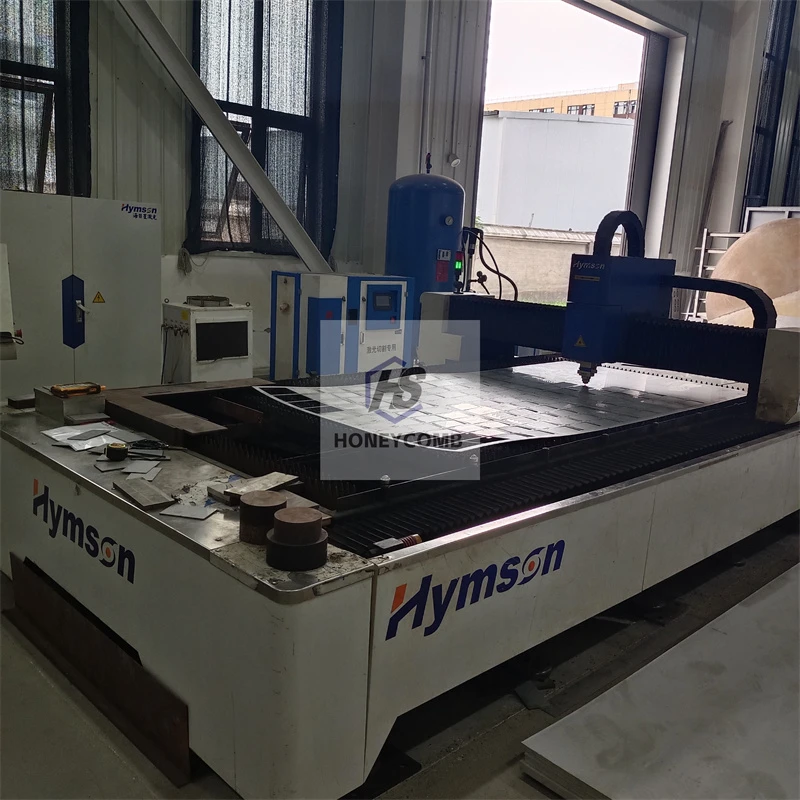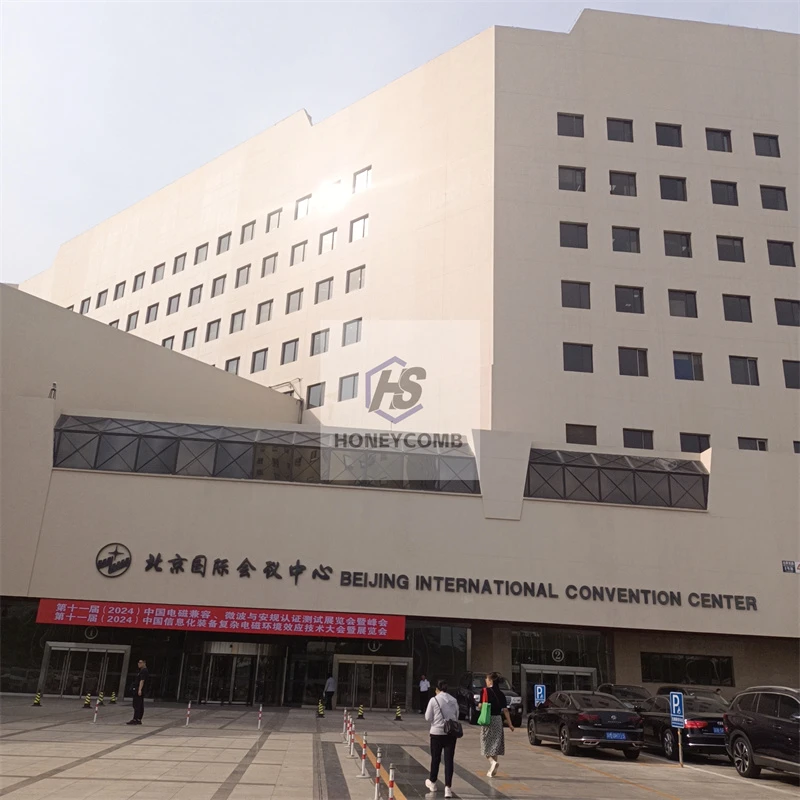
- Afrikaans
- Albanian
- Amharic
- Arabic
- Armenian
- Azerbaijani
- Basque
- Belarusian
- Bengali
- Bosnian
- Bulgarian
- Catalan
- Cebuano
- China
- China (Taiwan)
- Corsican
- Croatian
- Czech
- Danish
- Dutch
- English
- Esperanto
- Estonian
- Finnish
- French
- Frisian
- Galician
- Georgian
- German
- Greek
- Gujarati
- Haitian Creole
- hausa
- hawaiian
- Hebrew
- Hindi
- Miao
- Indonesian
- Italian
- Japanese
- Javanese
- Malay
- Persian
- Portuguese
- Punjabi
- Russian
- Spanish
- Swahili
- Telugu
- Vietnamese

Jan . 17, 2025 01:42
Back to list
wabendichtungen
For industries reliant on fluid dynamics and mechanical operations, mechanical seals, known in German as wabedichtungen, are crucial components that ensure efficient and secure operations. This article aims to explore the significance of these mechanical seals, highlighting their application in various sectors, and the benefits they offer in enhancing operational efficiency and reducing maintenance costs.
In addition to these industry-specific applications, mechanical seals improve the overall efficiency of machines. By preventing leaks, seals enhance the productivity of machinery, leading to reduced energy use and lower operational costs. This efficiency consequently gets translated into an extended lifespan of equipment, reducing the frequency of maintenance and the accompanying downtime costs. Choosing the right mechanical seal can be challenging given the array of materials and designs available. It's essential to consider operating conditions such as temperature, pressure, and the type of fluid or gas being handled. Consulting with experts in seal technology is highly recommended to tailor a solution that best fits the operational needs. Equally important is the installation and maintenance of mechanical seals. Proper installation is crucial to prevent premature seal failure. Regular maintenance and inspections can help identify wear and tear early, preventing potential system failures. Partnering with experienced seal manufacturers and service providers can enhance the reliability and performance of these essential components. In conclusion, mechanical seals are indispensable in various industries that rely on secure fluid containment systems to function efficiently. Their application extends far beyond merely addressing leaks; they enhance operational efficiencies, reduce costs, and contribute significantly to the safety and compliance of industrial operations. By understanding their function, benefits, and maintenance requirements, businesses can fully harness the potential of mechanical seals to drive significant improvements in their mechanical systems and operations.


In addition to these industry-specific applications, mechanical seals improve the overall efficiency of machines. By preventing leaks, seals enhance the productivity of machinery, leading to reduced energy use and lower operational costs. This efficiency consequently gets translated into an extended lifespan of equipment, reducing the frequency of maintenance and the accompanying downtime costs. Choosing the right mechanical seal can be challenging given the array of materials and designs available. It's essential to consider operating conditions such as temperature, pressure, and the type of fluid or gas being handled. Consulting with experts in seal technology is highly recommended to tailor a solution that best fits the operational needs. Equally important is the installation and maintenance of mechanical seals. Proper installation is crucial to prevent premature seal failure. Regular maintenance and inspections can help identify wear and tear early, preventing potential system failures. Partnering with experienced seal manufacturers and service providers can enhance the reliability and performance of these essential components. In conclusion, mechanical seals are indispensable in various industries that rely on secure fluid containment systems to function efficiently. Their application extends far beyond merely addressing leaks; they enhance operational efficiencies, reduce costs, and contribute significantly to the safety and compliance of industrial operations. By understanding their function, benefits, and maintenance requirements, businesses can fully harness the potential of mechanical seals to drive significant improvements in their mechanical systems and operations.
Prev:
Next:
Products categories
Latest news
-
Why Vented Aluminum Honeycomb Is Leading the Way in Shielding and Ventilation SolutionsNewsJul.18,2025
-
Why Stainless Steel Honeycomb Panel is the Ultimate Choice for High-Tech Shielding and ProtectionNewsJul.18,2025
-
Why Honeycomb Strips Are Revolutionizing High-Speed Sealing SolutionsNewsJul.18,2025
-
Shielded Glass Innovation Powers the Future of Electromagnetic ProtectionNewsJul.18,2025
-
Precision Starts Here: Revolutionizing Airflow Control with Honeycomb Wind Tunnel SolutionsNewsJul.18,2025
-
Elevate Industrial Performance with Precision-Engineered Steel Honeycomb Core SolutionsNewsJul.18,2025
-
Vented Aluminum Honeycomb: A Smart Shield for Airflow and EMI ControlNewsJul.11,2025















